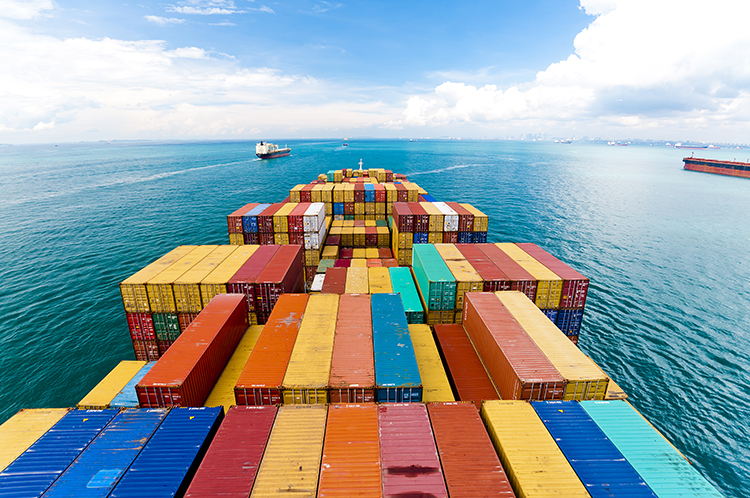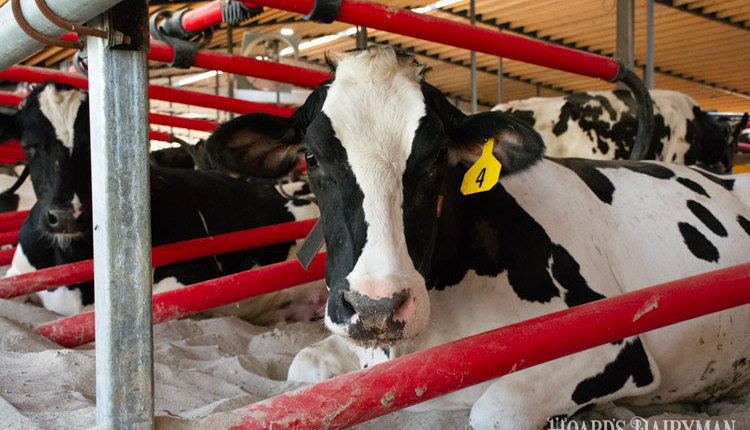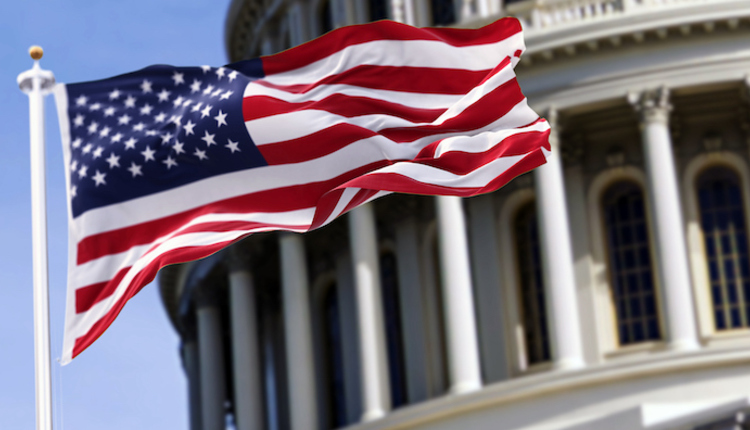
After decades of U.S. trade policies geared toward expanding market access around the globe, 2020 saw a record 16% of total solids production shipped abroad. With more than 95% of the world living outside of the United States, the additional opportunities trade presents for American dairy exports are substantial – so long as the products actually get there.
Dairy exporters are facing unprecedented challenges in securing shipping container space on ocean vessels while contending with record high detention and demurrage fees . . . a problem that’s been growing since late last year. Foreign ocean carriers are providing unpredictable and unreasonable timelines for exporters to load goods and putting extreme pressure on supply chains by opting to return empty containers instead of waiting for U.S. exports to be loaded. As a result, more than 70% of shipping containers are leaving West Coast ports empty, an all-time record. The flood of imports stands in stark contrast to the bottlenecked American exports that carriers have purposely limited.
Mounting delays and an intentional lack of transparency and flexibility from ocean carriers have cost American dairy exporters hundreds of millions of dollars – or over one eighth of total export value – through just the first half of the year all while international demand for dairy products has been rising. Continued delays risk critical trading relationships with Asian importers as the U.S. increasingly risks becoming viewed as an unreliable supplier. And it effects dairy farmers nationwide, as backlogged shipping means a greater domestic supply, which drives down prices.
Developing a solution
The U.S. Dairy Export Council (USDEC) and the National Milk Producers Federation (NMPF) set up a joint strategy to address these rising costs and frustrations. The organizations have first joined forces with several like-minded coalitions of agricultural and industrial exporters to provide a bigger voice to ag exporters’ problems. USDEC and NMPF also have established a member working group on ports issues and reached out to a firm with transportation expertise for technical guidance. With support from these stakeholders, the organizations expanded their advocacy efforts with the administration, Congress, and the Federal Maritime Commission (FMC).
In response to the growing chorus of concern from NMPF, USDEC and other agricultural exporters, in early August Representatives John Garamendi (D-CA) and Dusty Johnson (R-SD) introduced the Ocean Shipping Reform Act of 2021 (HR 4996), which would prohibit the unreasonable refusals to carry exports, require carriers to certify that fees comply with FMC guidelines, and improve transparency into carrier practices. The White House has also taken steps to respond to exporters’ concerns, with President Biden issuing an executive order in July to direct the maritime commission to “vigorously enforce” guidelines for ocean carrier practices.
A long journey
Despite these steps in the right direction, much work remains. The crisis is worsening as shipping lines continue to flout U.S. guidelines for “reasonable practices” and too often refuse to load American agricultural exports. This troubling trend of foreign carriers dictating U.S. export flows threatens the ability of the United States to meet the growing international demand for dairy products.
Hard-fought market access and future opportunities are being put at risk as trade competitors look to seize upon any opportunity to increase their own market share. NMPF and USDEC continue to emphasize in Washington that American dairy farmers need assurances that their ability to supply global demand is not thwarted by foreign shipping interests. Until sales move smoothly again to foreign markets, both organizations will keep up the drumbeat on the need for reforms.








